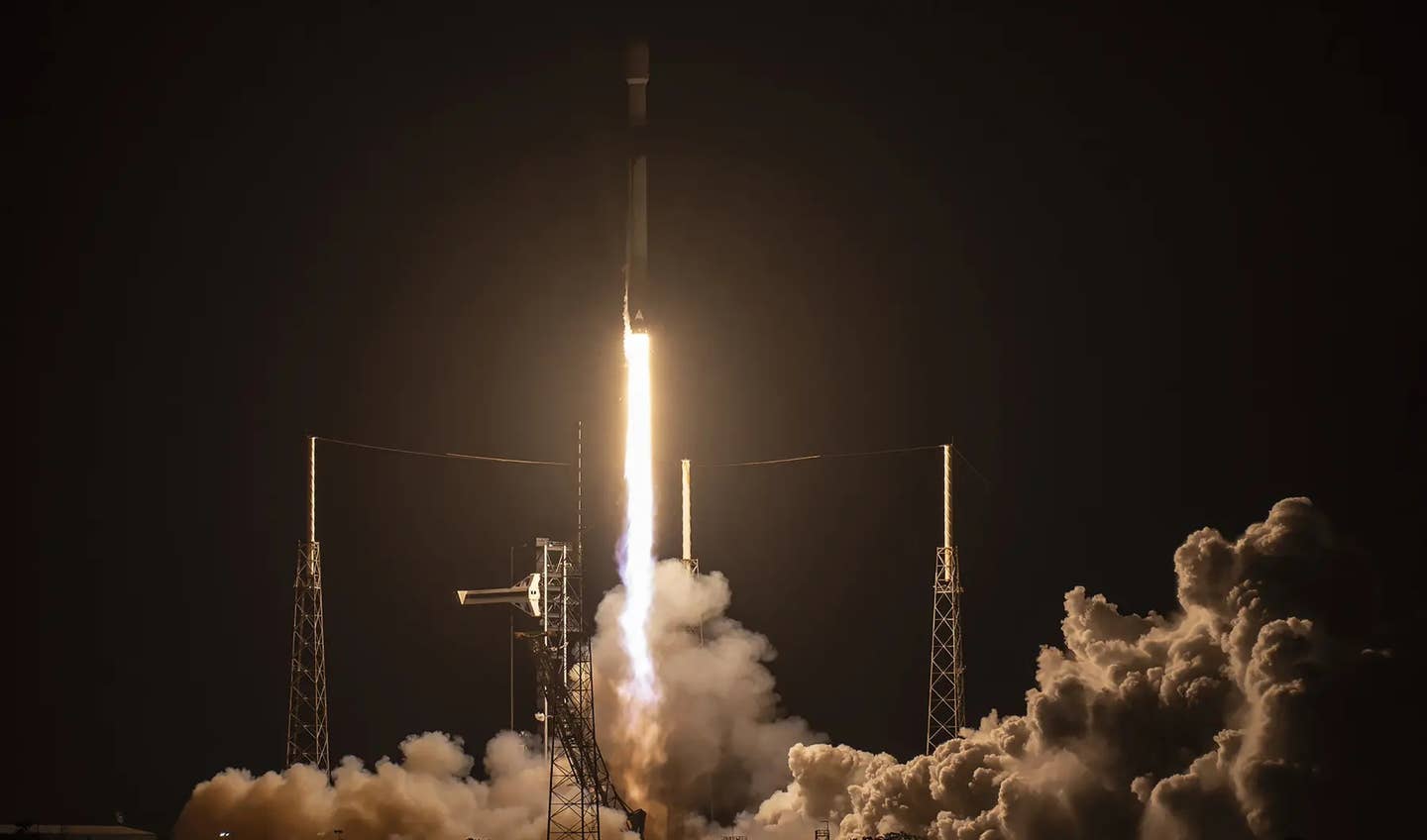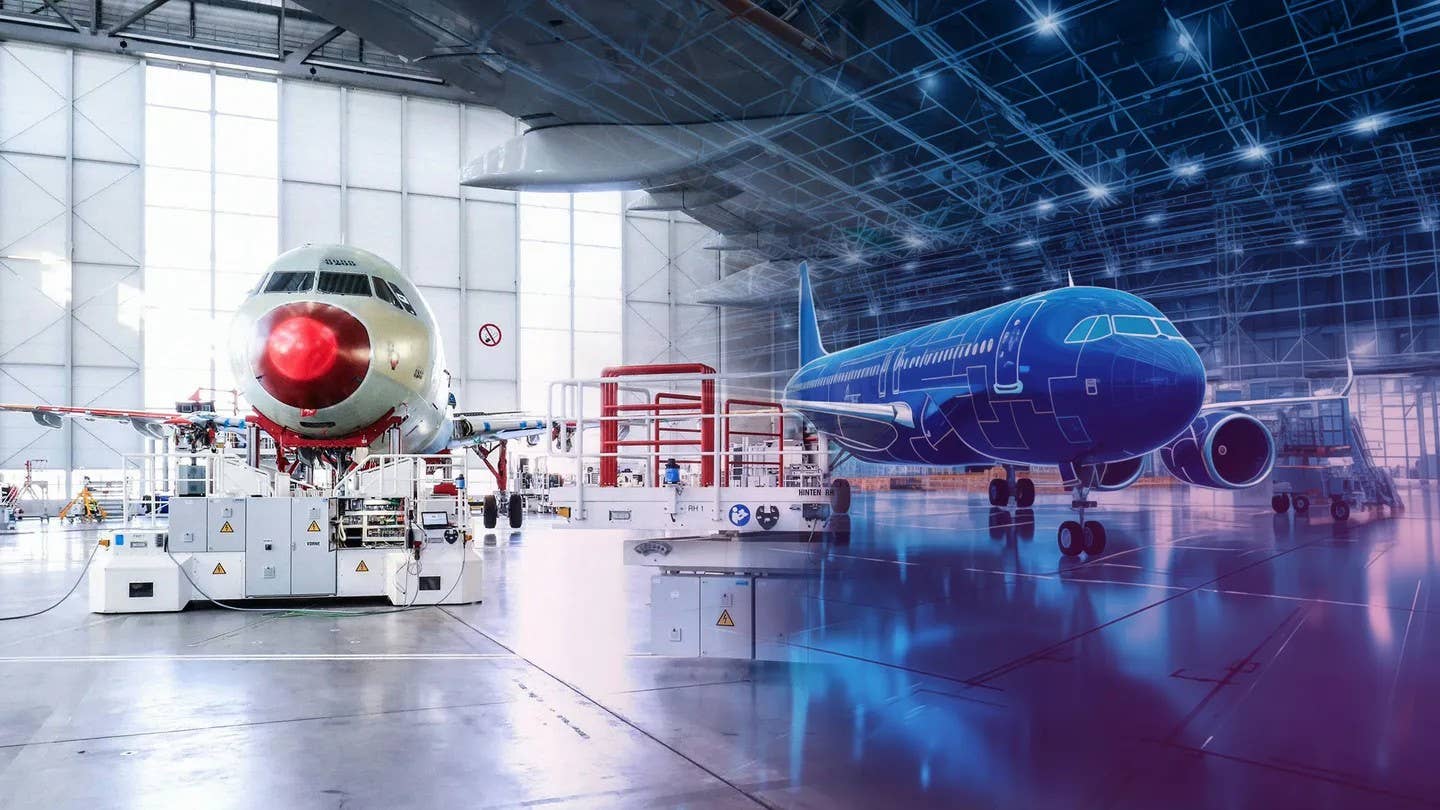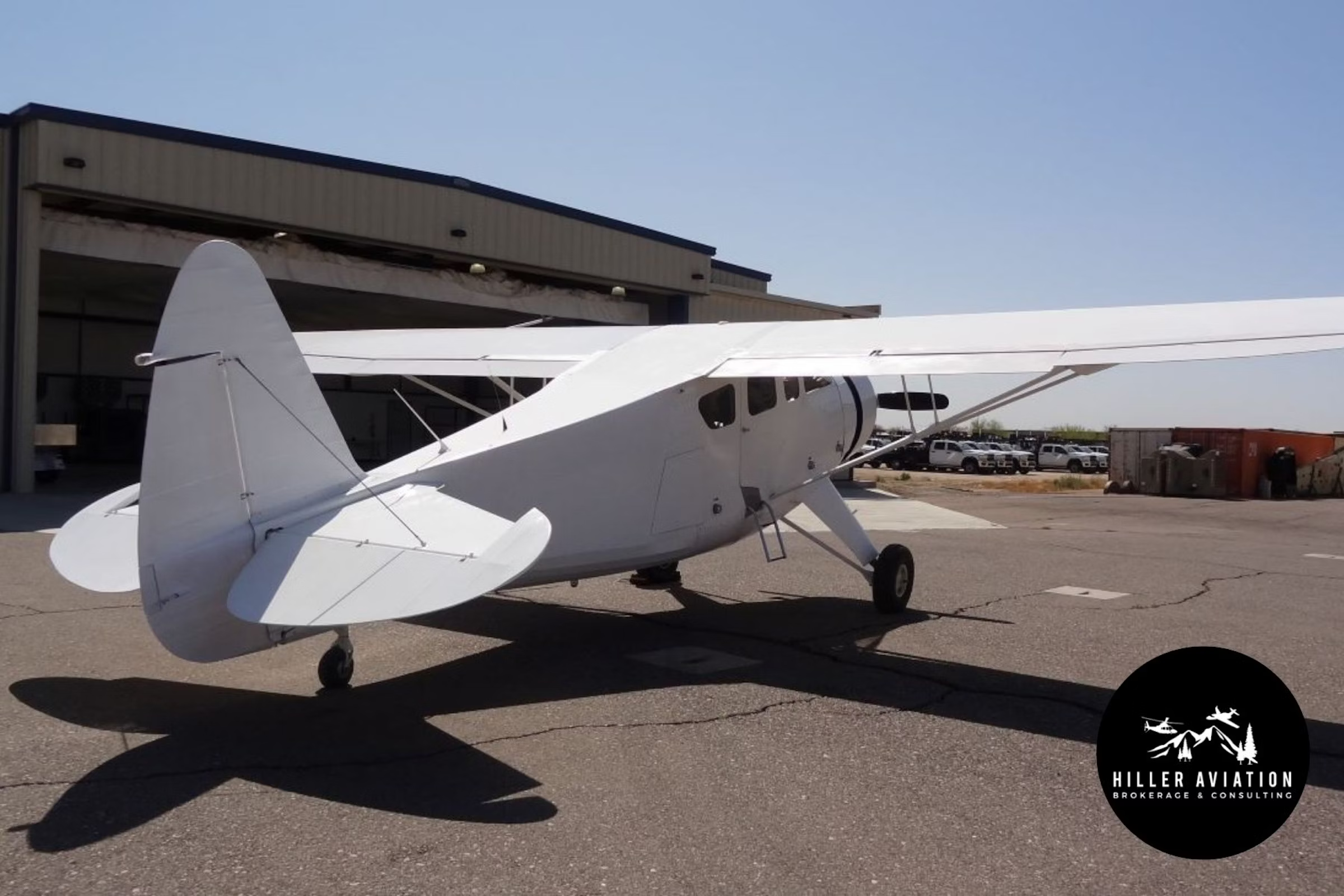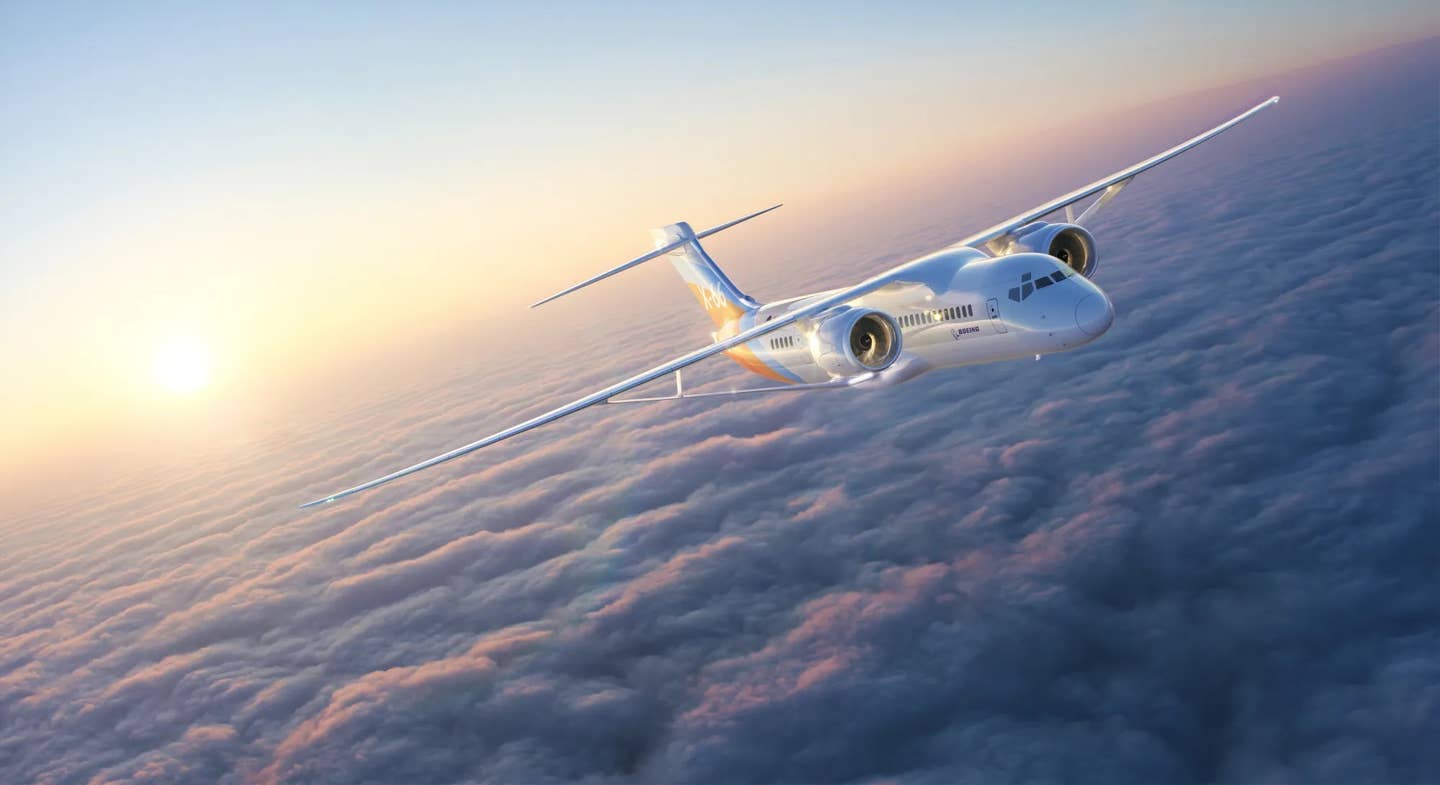Boeing Facing Criminal Charges for 737 Max Accidents
Families of crash victims are objecting to a previous settlement agreement.
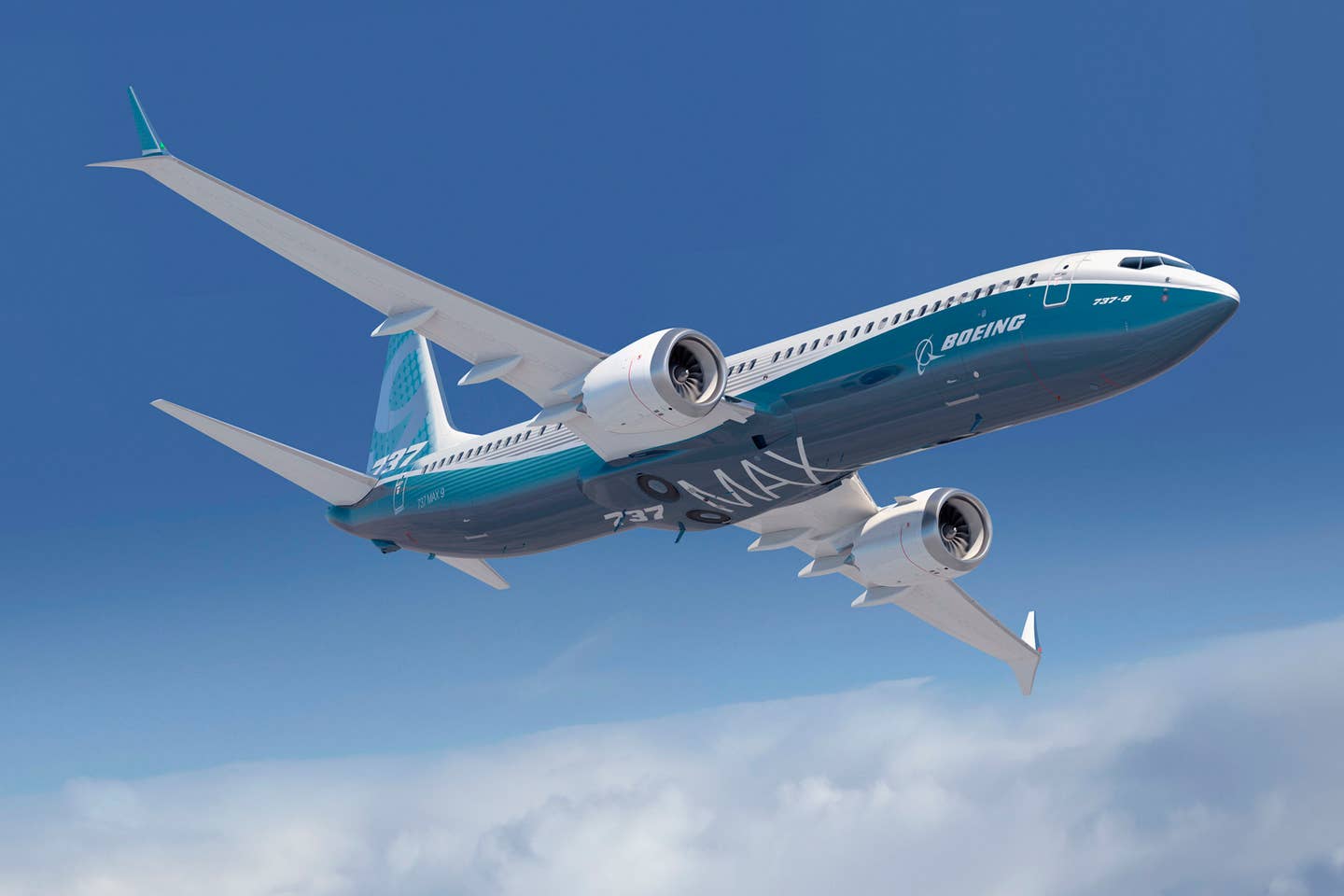
The FAA certified the 737 Max in 2017. [Courtesy: Boeing]
Aerospace giant Boeing (NYSE: BA) is facing criminal charges in relation to the two 737 Max accidents in Indonesia and Ethiopia that resulted in the deaths of 346 people.
Boeing was arraigned in federal court in Fort Worth, Texas, on Thursday, on criminal charges of conspiracy to commit fraud.
Boeing is accused of misleading federal regulators about the safety of the maneuvering characteristics augmentation system (MCAS), which accident investigators determined played a significant role in the crash of Lion Air Flight 610 in Indonesia in October 2018 and Ethiopia Airlines Flight 302 in March 2019. Investigators determined that the pilots had not been adequately trained on the system, which led to confusion when it malfunctioned and put the aircraft into unrecoverable dives.
Mike Delaney, Boeing's chief aerospace safety officer, entered a not guilty plea on behalf of the company.
Several families of the crash victims were in attendance during the arraignment, many carried signs decorated with photographs of their lost loved ones. Many of the families are critical of Boeing and the Justice Department entering into a deferred prosecution agreement two years ago.
During Thursday's hearing some of the relatives testified as to how the accidents have impacted their lives, and objected to the "sweetheart deal" the justice department made with Boeing.
Under the terms of the agreement, Boeing admitted to defrauding the FAA by concealing safety problems with the 737 Max, but pinned much of the blame on two technical pilots who they alleged misled regulators while working on certification of the aircraft. One of the pilots, Mark Forkner, was charged with attempting to deceive federal regulators, and was prosecuted. A jury acquitted him last year.
Boeing agreed to pay $500 million in compensation to the families of those killed in the two Max accidents, and to pay a $243 million fine. In addition, the aircraft manufacturer agreed to pay $2.5 billion, including $1.7 billion in compensation to airlines that had purchased 737 Maxes but couldn't use them during the 20 months the aircraft were grounded due to safety concerns.
The agreement also required Boeing to make significant changes to its internal safety policies, procedures, and corporate culture, which was blamed for taking a 'profits over people' stance.
After three years, if Boeing lived up to the terms of the deferred prosecution agreement, the criminal charge against the company would be dismissed and the company would be immune from further prosecution.
Boeing Back in Court
However, last fall U.S. District Court Judge Reed O'Connor noted that the relatives of the victims had not been consulted when the deal with Boeing was made, resulting in a violation of the Crimes Victims' Rights Act, and therefore ordered Boeing to appear in court to be arraigned.
According to the media in attendance, the relatives of the victims requested Judge O'Connor to impose certain conditions on Boeing as a condition of release. These conditions included appointing an independent monitor to oversee Boeing's compliance with the terms of the previous deferred prosecution agreement, and that the company's compliance efforts "be made public to the fullest extent possible."
Both Boeing and the Justice Department expressed opposition to the request and the judge did not rule on it.
In a statement to FLYING, Boeing said, “We are deeply sorry to all who lost loved ones on Lion Air Flight 610 and Ethiopian Flight 302, and greatly respect those who expressed their views at the hearing. We will never forget the lives lost in these accidents and their memory drives us every day to uphold our responsibility to all who depend on the safety of our products. We have made broad and deep changes across our company, and made changes to the design of the 737 MAX to ensure that accidents like these never happen again. We also are committed to continuing to comply scrupulously with all of our obligations under the agreement we entered into with the Justice Department two years ago.”

Sign-up for newsletters & special offers!
Get the latest FLYING stories & special offers delivered directly to your inbox

